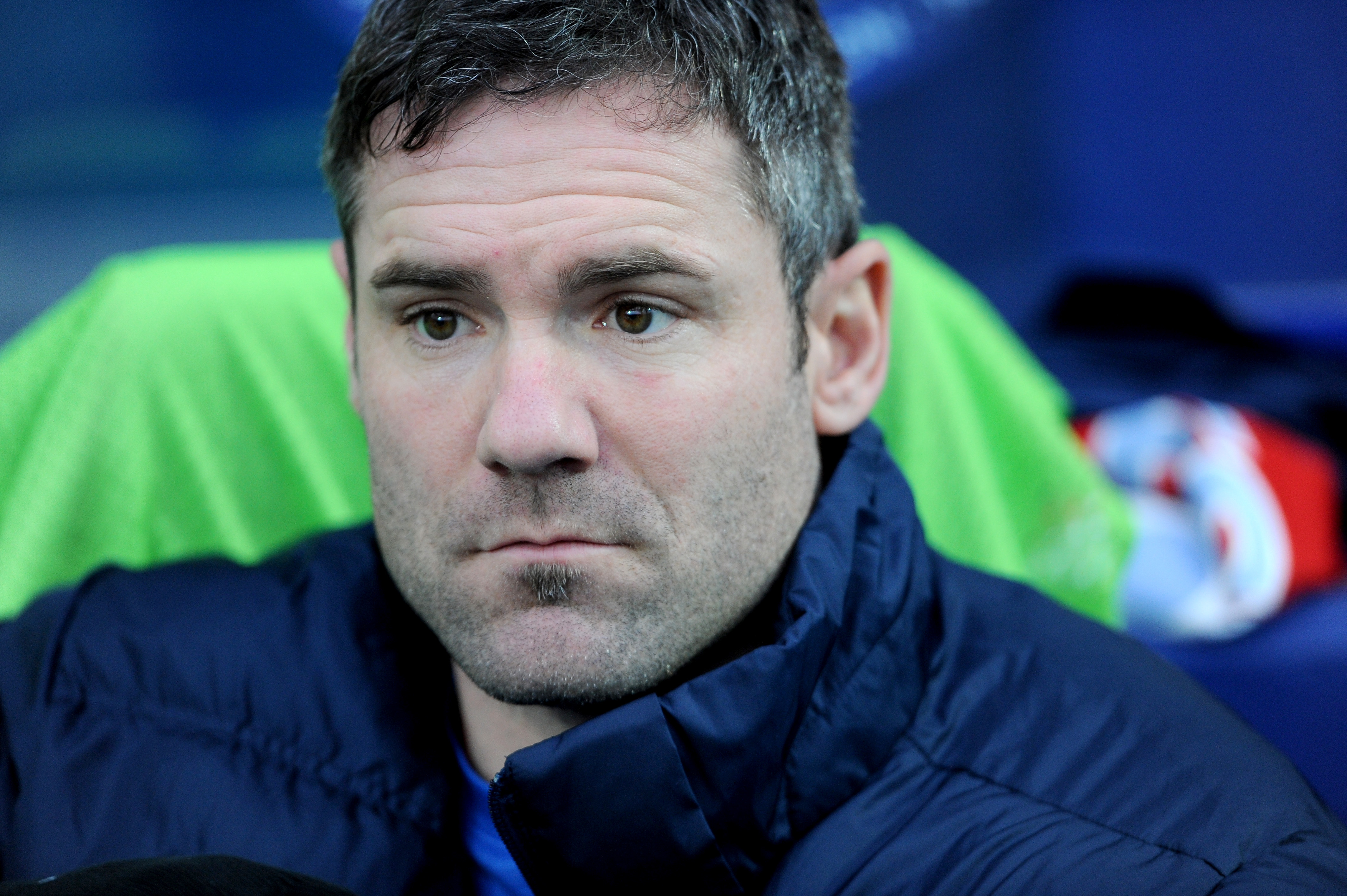Club World Cup: Everything you need to know about the revamped tournament
The Club World Cup is set to undergo huge changes – so what does this mean for football?
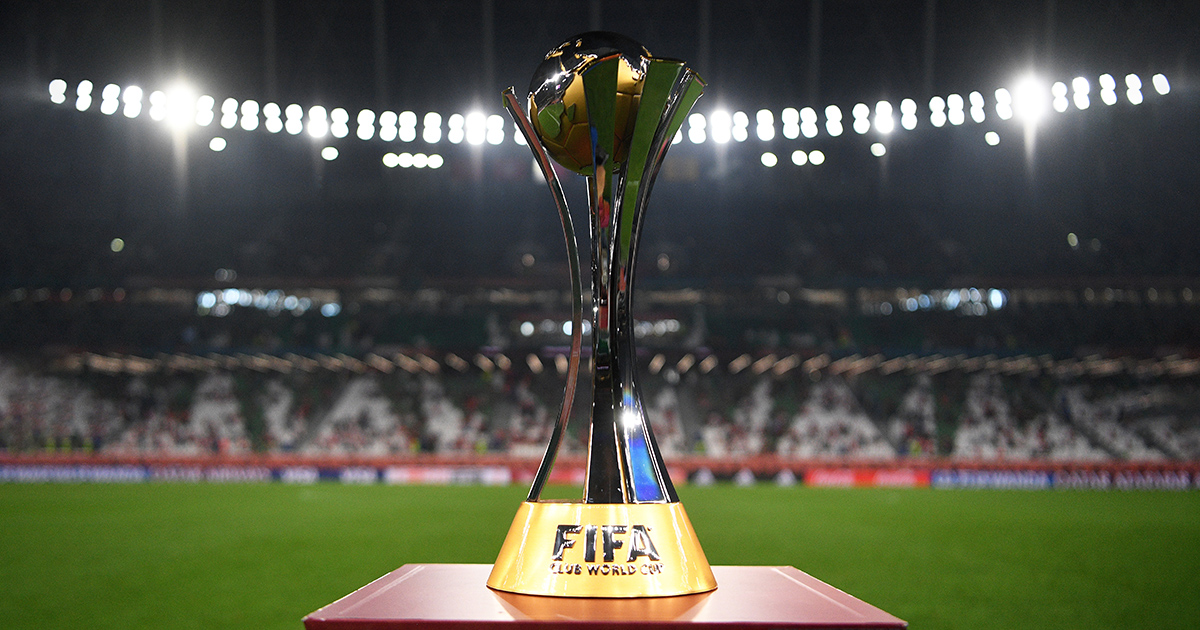
The Club World Cup never died – it was merely hibernating. Now, it's back with a bang.
The FIFA-organised tournament was set to be relaunched in 2020 in China with 24 teams – but that was scrapped because of coronavirus. Gianni Infantino has now announced plans for an even bigger competition, however – because we haven't got enough football, have we?
So what's the deal with this new tournament? And will anyone actually care about it? Let's look at the details…
What format will the Club World Cup have?
Essentially, it will look a lot like the current World Cup plan. 32 teams – which suggests eight groups, two qualifying from each, before a last-16, quarter-finals, semi-finals and final.
"The details of the location still need to be discussed but it has been agreed and decided that a 32-team Club World Cup tournament will go ahead making it like a World Cup," Gianni Infantino says.
When will the new Club World Cup be played?
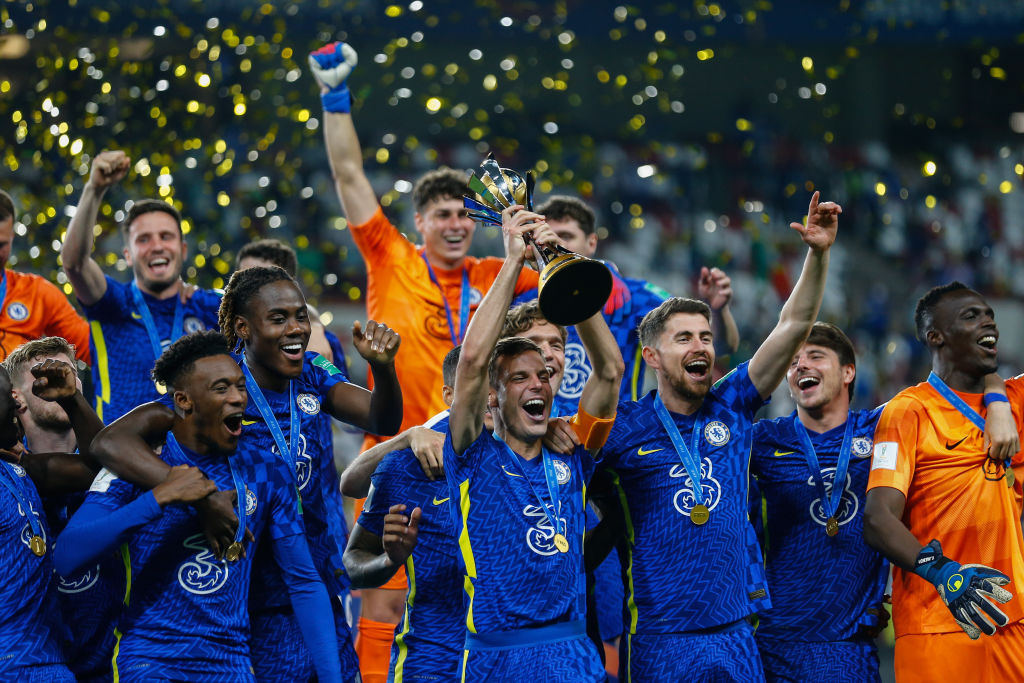
The first will begin in 2025 and happen every four years, just like the proper international World Cup.
"I don't know what the British press says or doesn't say, but I know what we've decided and that is that there will be a Club World Cup of 32 teams to be played every four years and the first edition will take place in 2025 in the summer," Infantino says.
The best features, fun and footballing quizzes, straight to your inbox every week.
"During that slot where in other years it would be the Confederations Cup, it will be slightly longer because there are 32 teams so it will last a bit longer but they will be the best teams in the world who will all be invited to participate.
"But all of the details will be developed in due course and we will decide where it will take place as well over the next few weeks or months in consultation with all of the stakeholders."
No word yet on whether FIFA will move the current World Cup to a two-year cycle, like Arsene Wenger wants.
Who will qualify for the Club World Cup?
That's still being worked out – but it seems likely that if it's a four-year cycle, the invites will largely be made up of continental cup winners from UEFA, CONMEBOL, CONCACAF, CAF, AFC and OFC.
That would make four per confederation – 24 in all – the number of entrants that FIFA originally planned for. But consider, too, that there may well be four-year stints in which one team wins more than one trophy. In that instance, it's likely that the runner-up will get an invite. Still, were it to happen tomorrow, Real Madrid, Chelsea, Bayern Munich and Liverpool would qualify for the competition from the Champions League.
With eight more places up for grabs, perhaps there will be positions going to second and third-tier continental competitions like the Europa League and Europa Conference League – or perhaps there will be qualification involved.
Of course, though, Infantino used a word that sounds ominous: "invited". It's possible that places in this competition could be dished out to the glamorous teams, just like the Super League was. Sure, we'd all rather see Barcelona vs Boca Juniors but isn't Eintracht Frankfurt vs Independiente del Valle fairer, given that they both won continental trophies in the past year?
Isn't fixture congestion an issue?
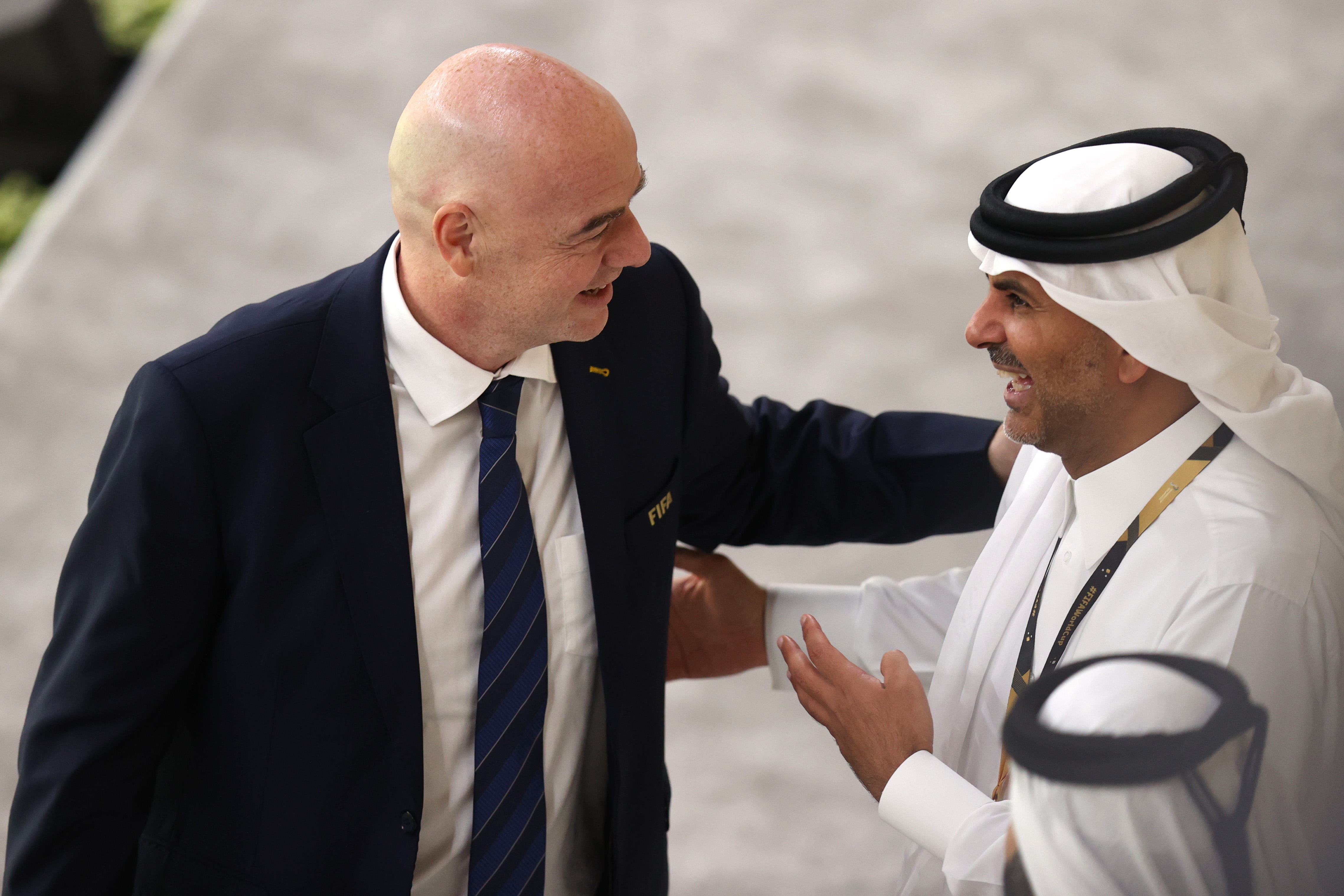
Apparently not.
FIFA are only introducing this once every four years with Infantino stressing, "We didn't want to over-burden the calendar." Given the governing body's track record on such things – squeezing a World Cup in the middle of a domestic season, for one – we're not holding our breaths on this one.
Why will clubs care about this?
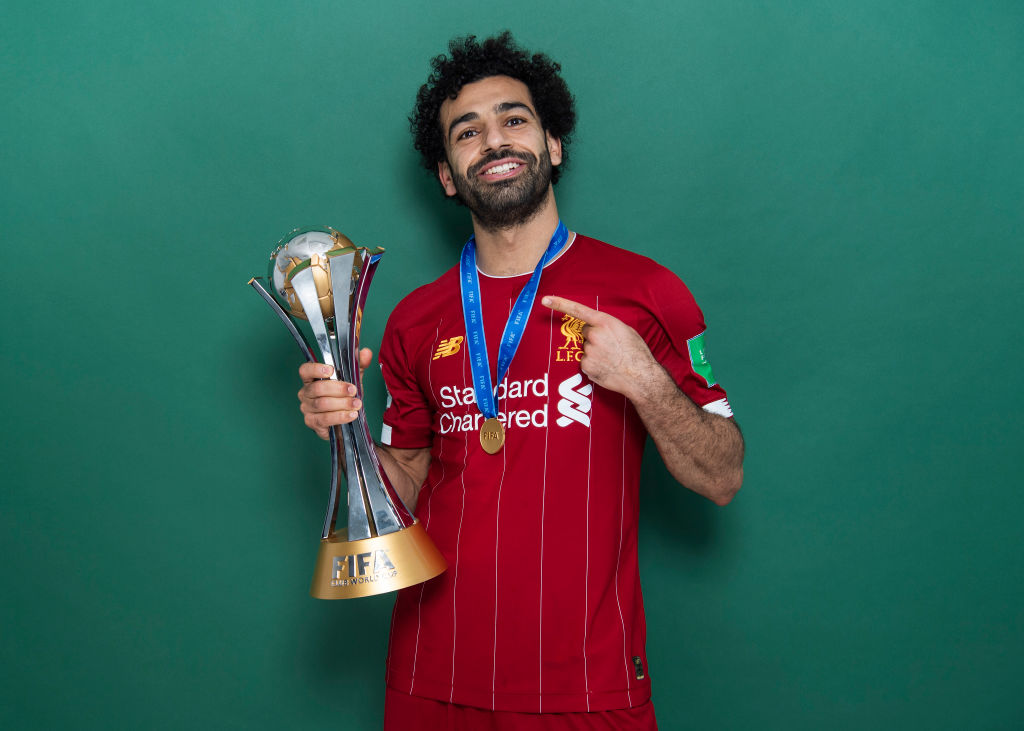
It's a good question. At the moment, the Club World Cup is seen as a nice added extra in the football calendar: you get two weeks off out of Europe to play significantly weaker sides and get a gold patch on the front of your jersey – but who cares if you don't win?
FIFA haven't announced the prize money for this new edition of the tournament. The chances are that if they make this a bigger deal, clubs will start to give more of a monkeys about it.
"When we talk about the [FIFA] product over the next four years, the Club World Cup is not included in that $11bn forecast," Infantino says. "That forecast is without taking into account this Club World Cup. So I think we're going to have an even greater sum that we'll be able to invest in world football over the next four years."
Why do FIFA want this?
Money, money, money. Oh, and it's a "matter of principle", apparently.
"The FIFA Council has taken the decision now as a matter of principle to hold that Club World Cup," Infantano insisted. "Don't forget that we were the only football organisation in the world, at least at international level, not to have organised a competition during the pandemic.
"We did that because we wanted to allow for the Copa America, the European Championships and we wanted to protect the health and well-being of players."
How kind of them. Frankly, though, he makes a very good point: FIFA's only real cash cow is the World Cup because when it comes to club football, everyone else has got it covered. This an opportunity to cash in on club football – which is potentially far more lucrative than international football – by giving club sides their own version of FIFA's baby.
Will this stave off the Super League?
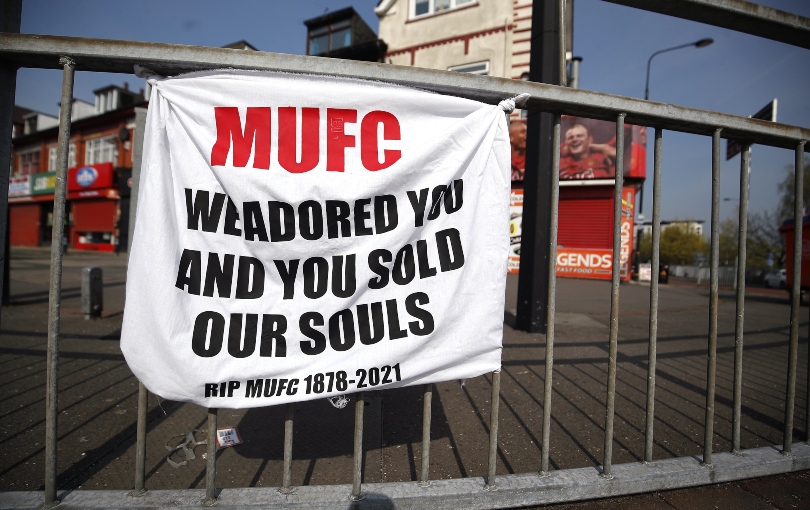
The attraction of the Super League for clubs was that it guaranteed earnings. The competition was set to be a closed shop without relegation and all competing teams were to be rewarded financially.
Unless FIFA can promise the same thing with the Club World Cup, the Super League is always going to remain a potential exit route for the elite of world football. Should the competition manage to keep the biggest drivers of a breakaway well-monied – Barcelona and Real Madrid, in particular – it may remain at bay for a while.
Could a new Club World Cup actually be a good idea?
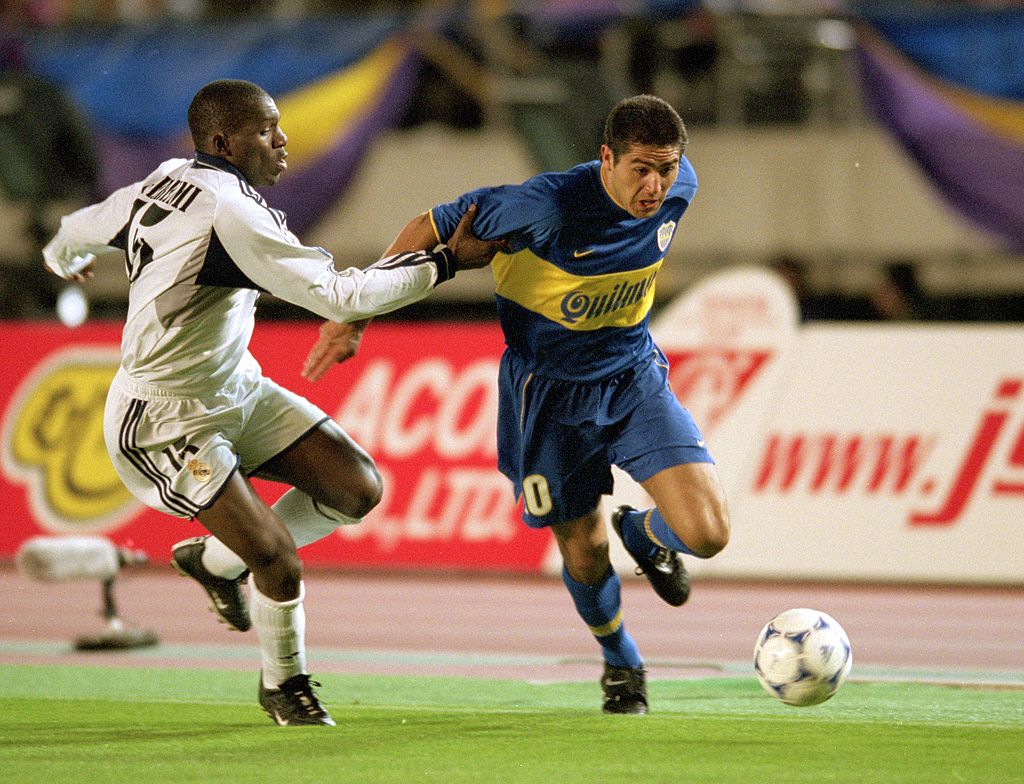
If you truly believe in trickle-down economics in football, then yes – the idea of Brazil's top league, African domestic leagues or even Major League Soccer, the A-League, J-League or K-League all improving financially would make world football stronger.
There used to be the Intercontinental Cup. This was occasionally fun – especially in 2000, when a strong Boca Juniors side met Real Madrid's Galacticos. The stakes were that both sides were in front of the entire globe, competing for worldwide attention. If the Club World Cup felt like a big deal, of course, it would be a spectacle.
It would be amazing if a historic team like Santos could stand a chance of a trophy against someone like Bayern Munich; likewise, seeing newer clubs like LA Galaxy on a level stage against giants like Liverpool might be cool. But for now, it feels like preseason-friendly fodder.
A lot more needs to be shown and promised by FIFA before this idea can actually begin to excite football fans. They imagine it would be like the Champions League but for the world: aren't the European sides just going to walk it right now, though? Like they usually do with the current format?
What has the reaction been like to this idea?
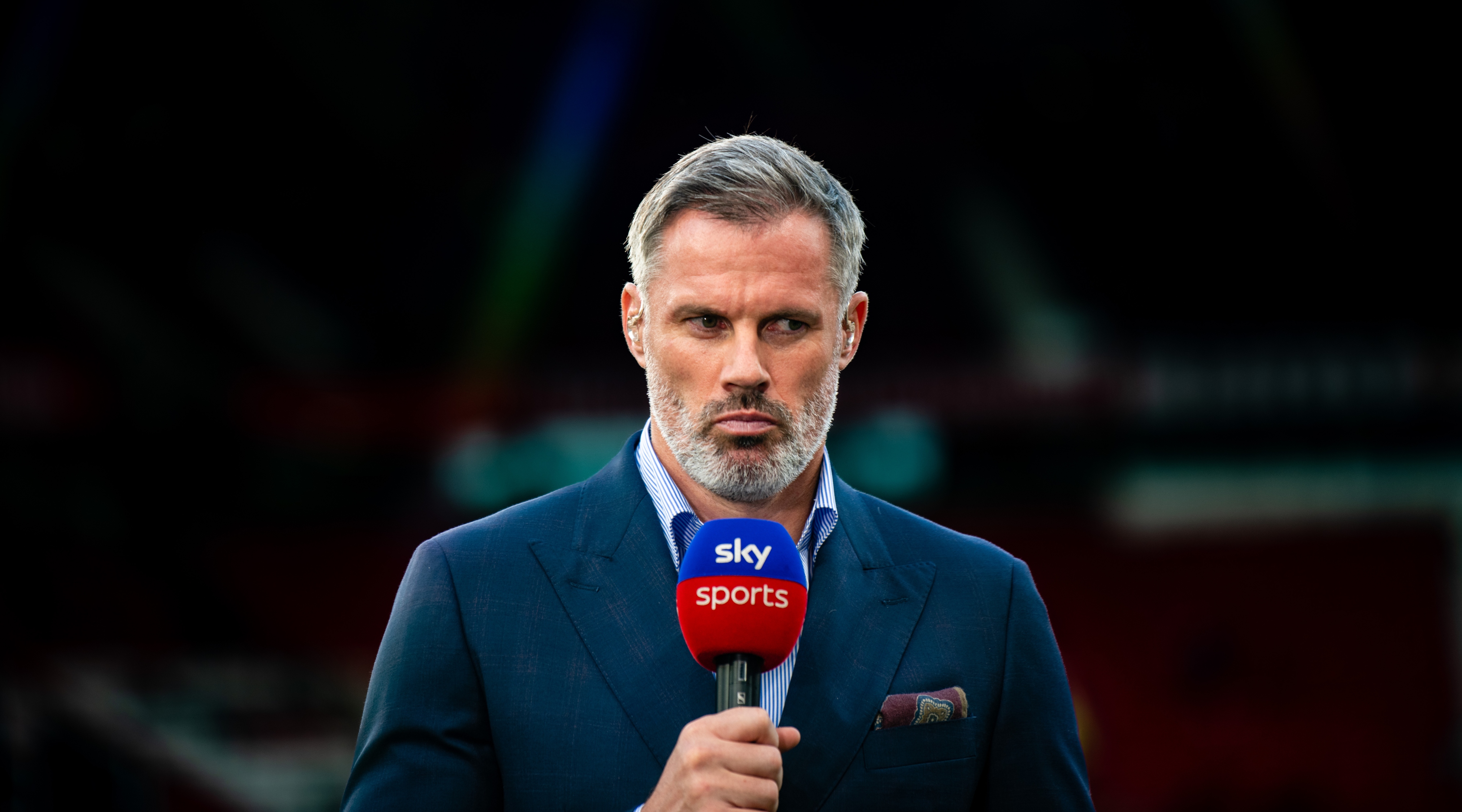
Not good.
"Like the ridiculous idea of the World Cup every two years, this is another one from Infantino," Jamie Carragher tweeted. "Players need rest at some point, they are getting treated like cattle. FIFA hate the Champions League and want something similar themselves. European clubs should boycott it."
Journalist Miguel Delaney claims that the Premier League remains "unimpressed" by the proposals, when ESPN's Luis Miguel Echegaray calls it, "abuse on a player's welfare".
What about the 2023 Club World Cup?
The 2023 tournament is set to take place in Morocco.
This will likely be the penultimate edition of the tournament in its current guise, before it is expanded in 2025.

Mark White has been at on FourFourTwo since joining in January 2020, first as a staff writer before becoming content editor in 2023. An encyclopedia of football shirts and boots knowledge – both past and present – Mark has also represented FFT at both FA Cup and League Cup finals (though didn't receive a winners' medal on either occasion) and has written pieces for the mag ranging on subjects from Bobby Robson's season at Barcelona to Robinho's career. He has written cover features for the mag on Mikel Arteta and Martin Odegaard, and is assisted by his cat, Rosie, who has interned for the brand since lockdown.
 Join The Club
Join The Club





